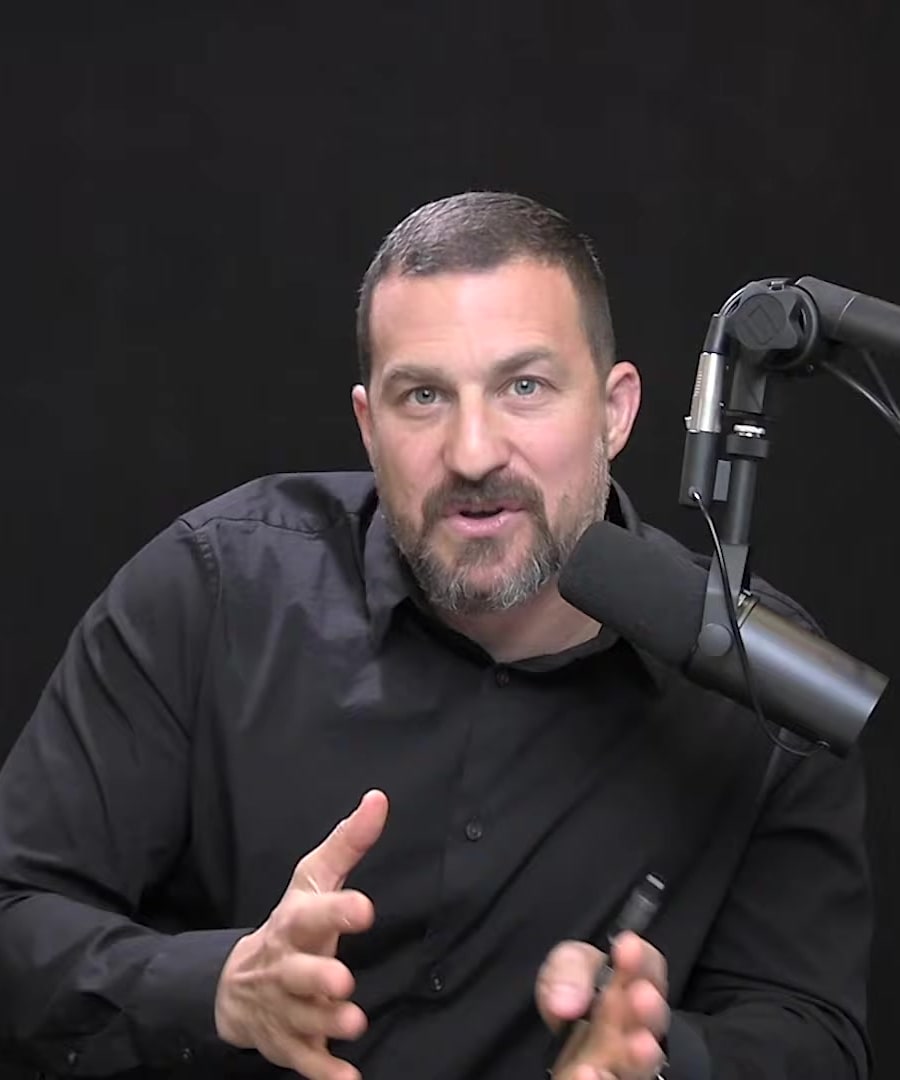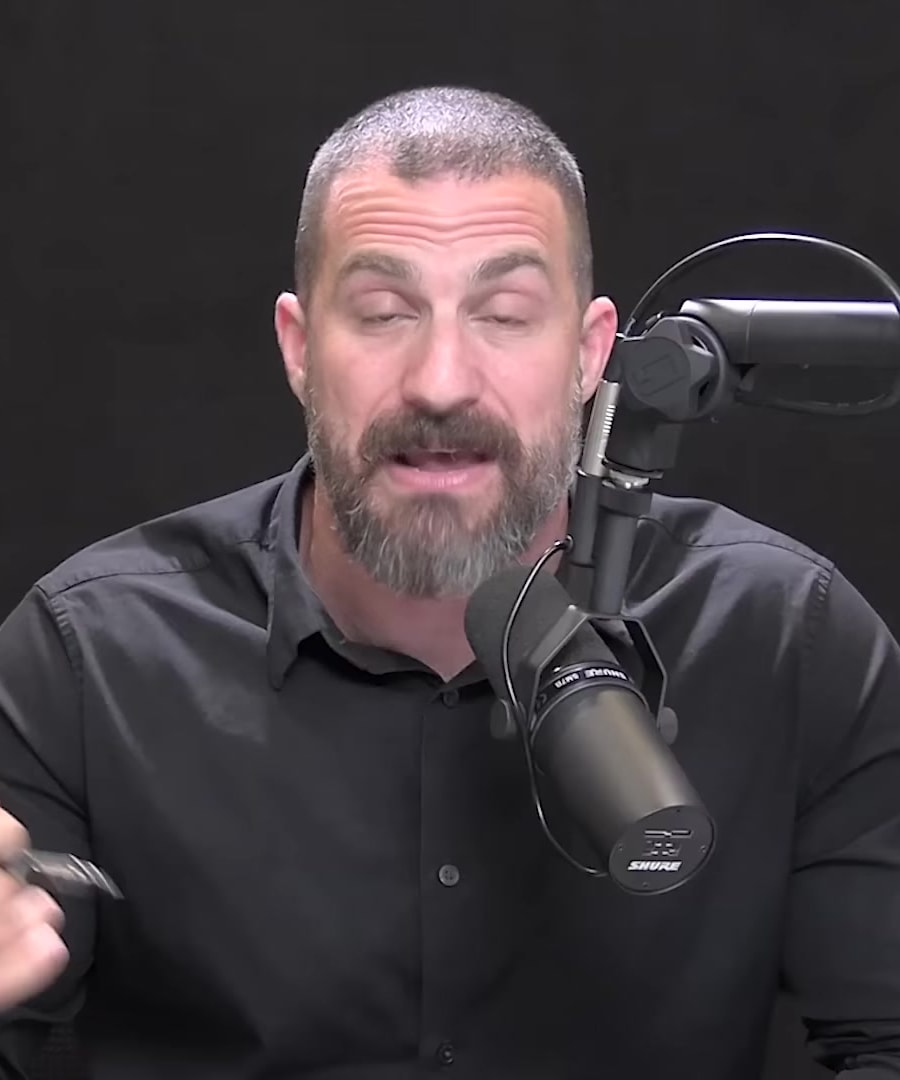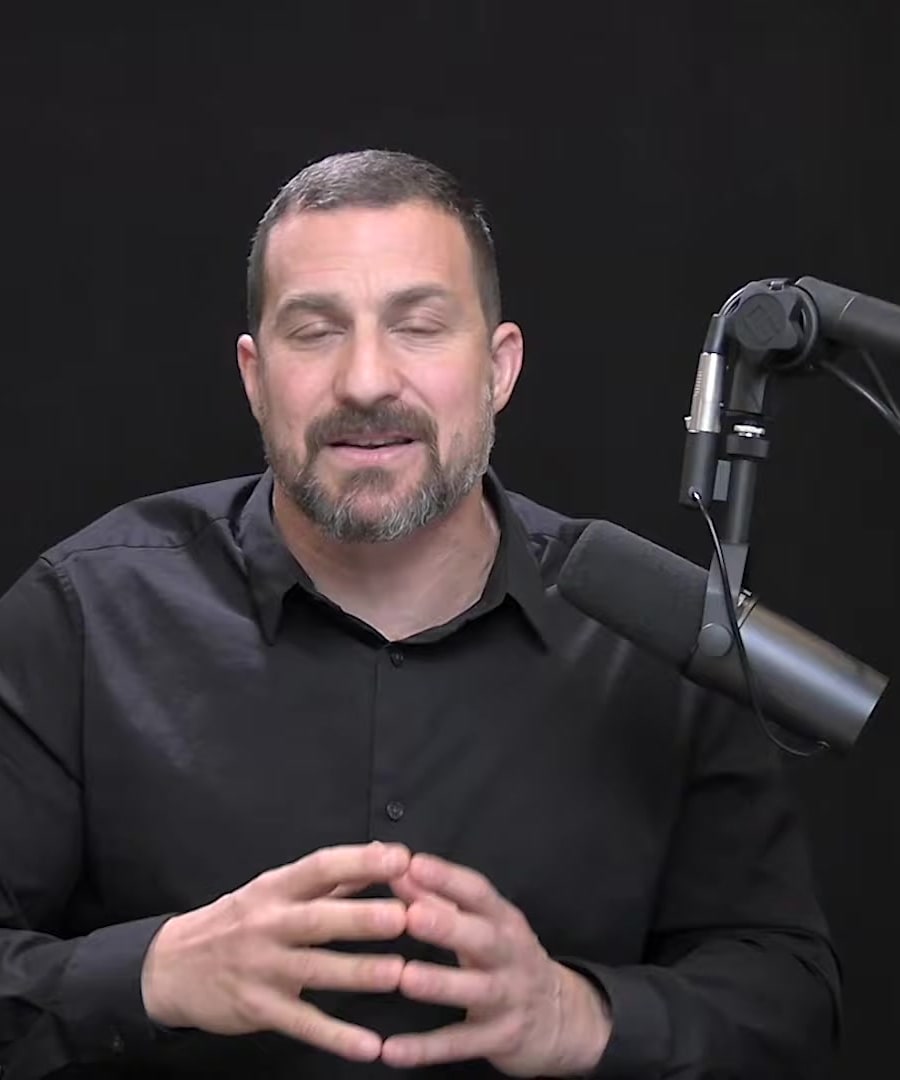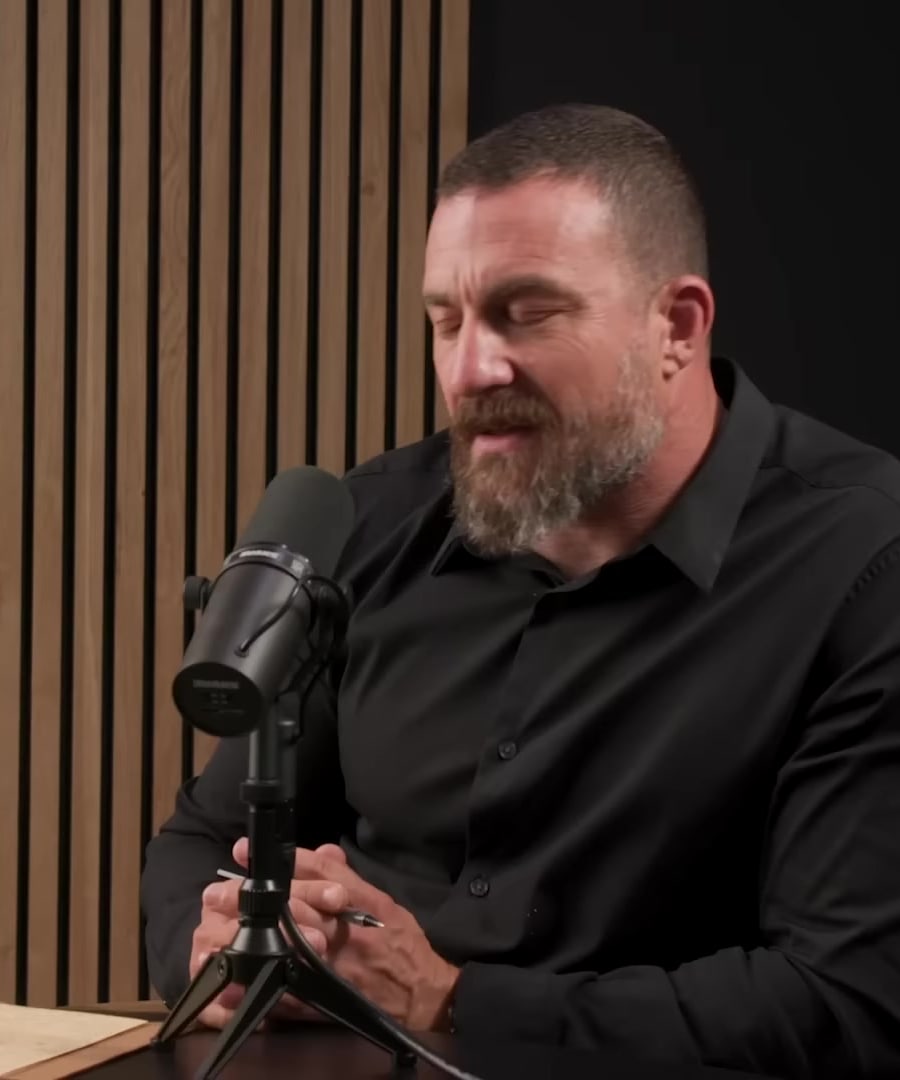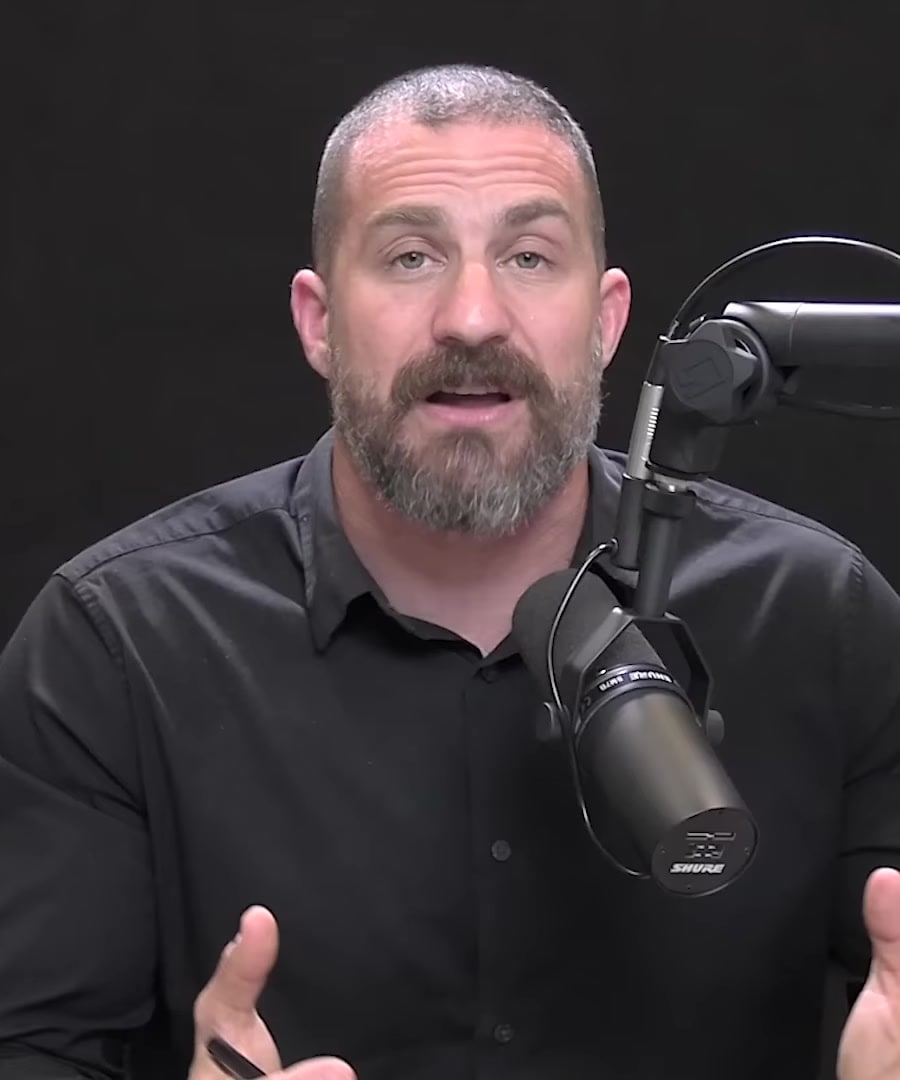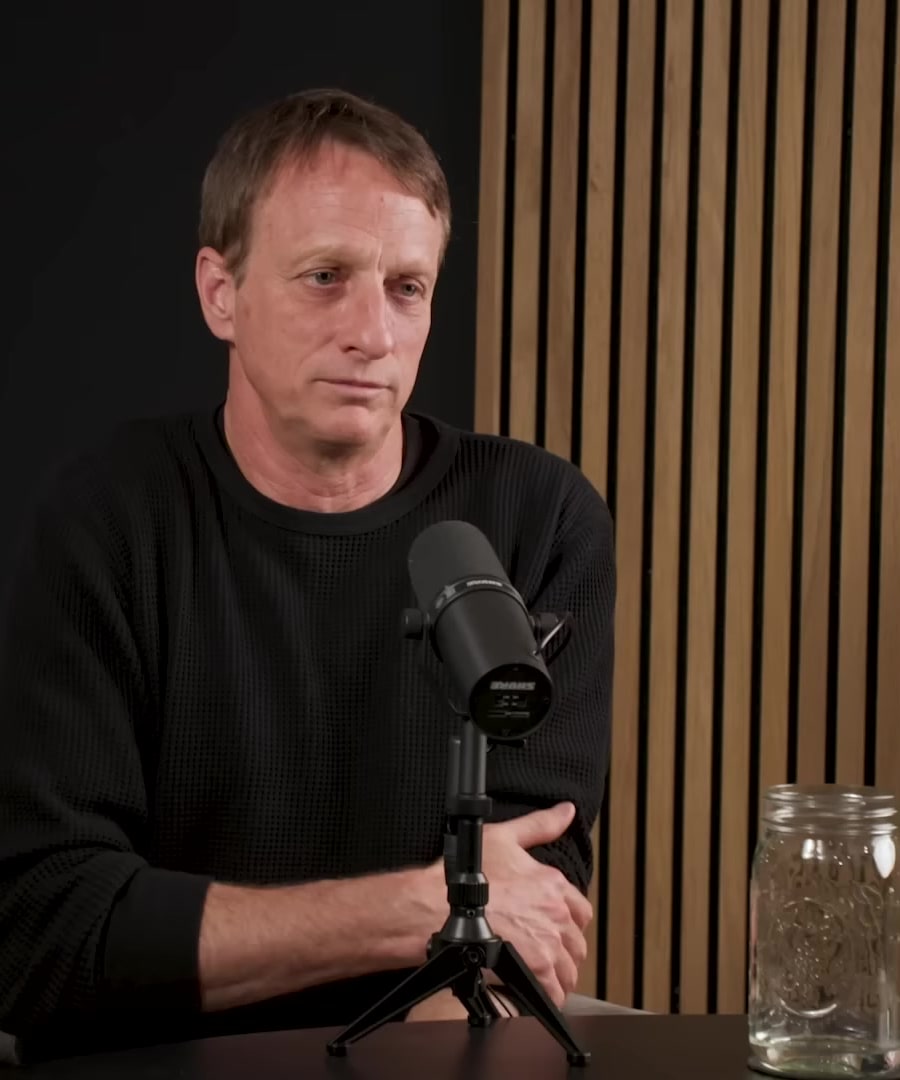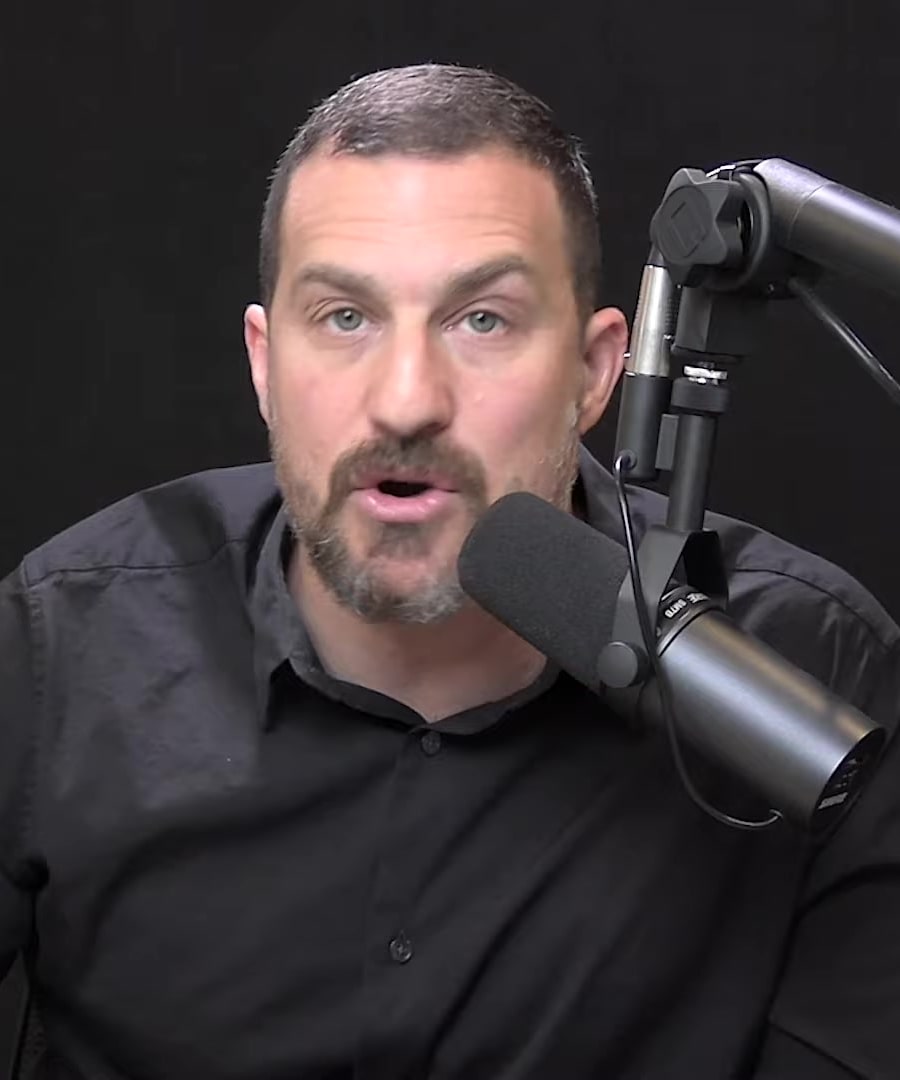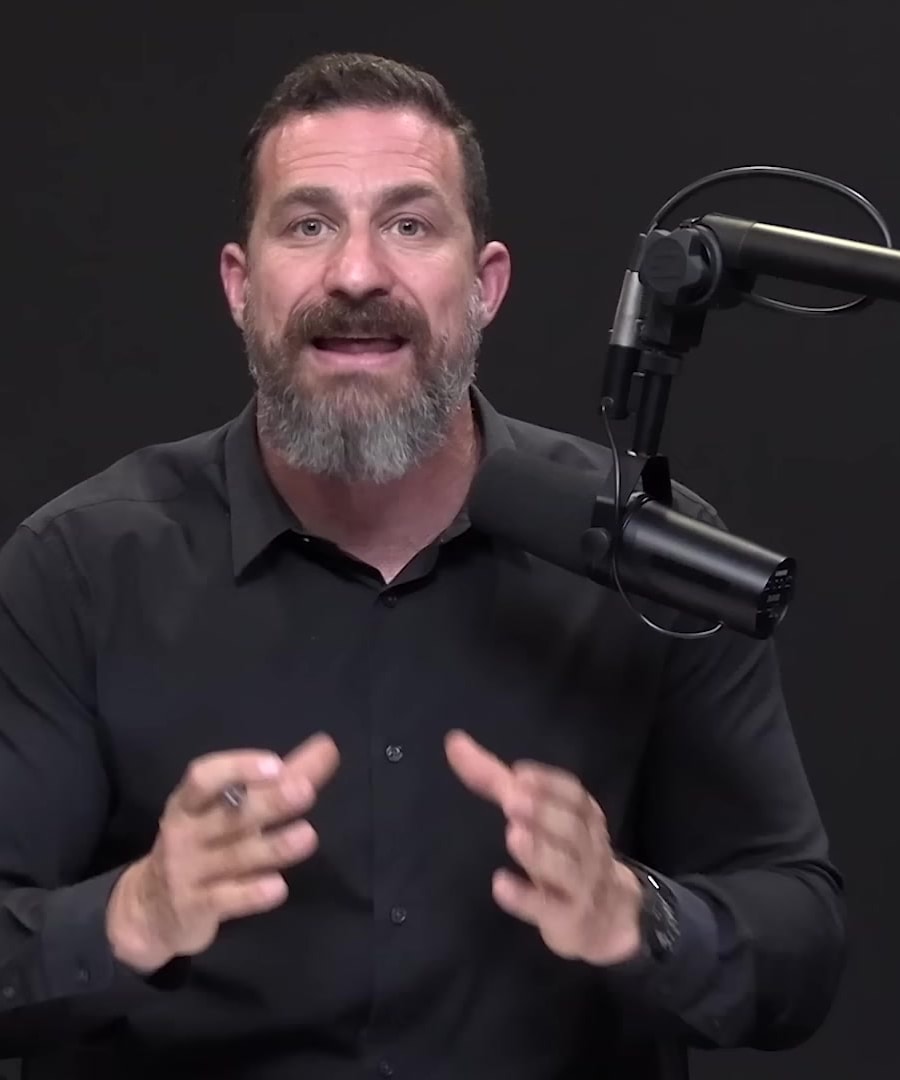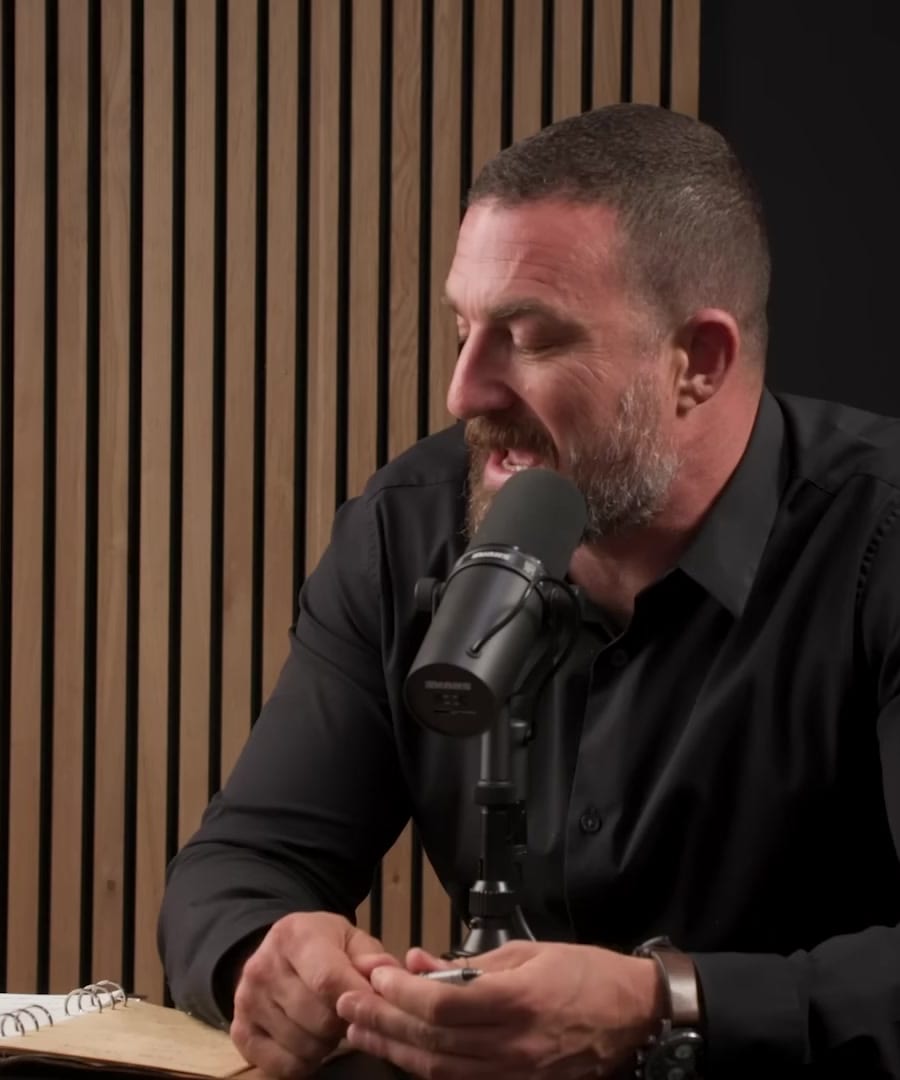why do we have nightmares
Sources:
Nightmares are likely to occur during slow wave sleep (SWS), not during REM sleep as commonly assumed. This is because intense or fearful memories, which can trigger nightmares, are facilitated in SWS due to the absence of norepinephrine, a neurotransmitter that is reduced during REM sleep. Norepinephrine plays roles in memory retention and arousal, affecting the vividness and emotional content of dreams or nightmares 1.
Additionally, nightmares may be linked to our brain's way of processing negative experiences through one-trial learning, in which a single traumatic or highly impactful event can create long-lasting memories and fears. This neuroplastic impact differs from other forms of learning that require repetition and are generally associated with positive or neutral experiences 2.
RELATED QUESTIONSList clips similar to "Understanding Nightmares"
Sources:
Here are clips similar to "Understanding Nightmares," which delve into topics related to nightmares, sleep phenomena, and associated mechanisms:
-
Understanding Nightmares
Andrew discusses the likelihood of nightmares occurring during slow wave sleep rather than REM sleep due to the absence of Norepinephrine, and addresses the common feeling of being paralyzed and chased in dreams.
1 -
Sleep Paralysis & Nightmares
Discusses the science behind sleep paralysis and nightmares, including their occurrence in slow wave sleep and the panic that can ensue upon awakening.
2 -
Lucid Dreaming
A discussion on a study about cueing oneself during sleep to change the narrative of a recurring nightmare, considering the emotional load of dreams and lucid dreaming as a form of trauma therapy.
3 -
Overcoming Fear
Covers the biology of fear responses and approaches to erasing fears and traumas, including self-directed stress and re-exposure therapy.
4 -
Dreaming and Skateboarding
Tony Hawk talks about dreams influencing his skateboarding and the experience of dream paralysis, while Andrew Huberman explains the neurochemical phenomena during REM sleep that relate to trauma therapy.
5 -
REM Sleep Hallucinations
Discusses the chemical processes during REM sleep that allow us to process emotional events safely, relevant to nightmares and emotionally intense dreams.
6 -
Rewiring Through Trauma
Explores how traumatic events initiate changes in the brain during sleep and how revisiting negative experiences in controlled ways can foster healing.
7 -
Trauma and Sleep
Discusses how dealing with trauma can impact sleep and how manipulation of sleep and emotional states post-trauma can be therapeutic.
8
These clips provide a broader understanding of nightmares along with other sleep-related phenomena and their implications for mental health.
RELATED QUESTIONS-
why do we have nightmares
- RELATED QUESTIONS
List clips similar to "Understanding Nightmares"
- RELATED QUESTIONS
